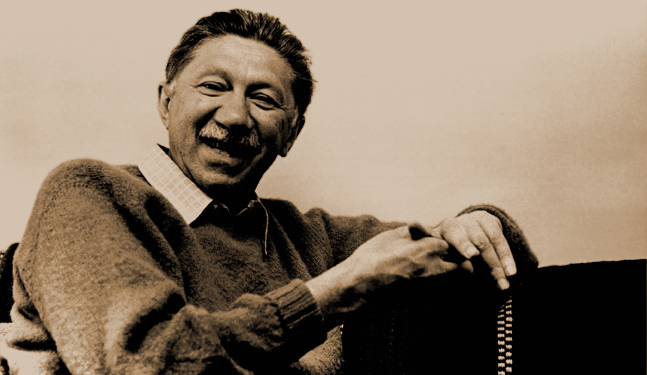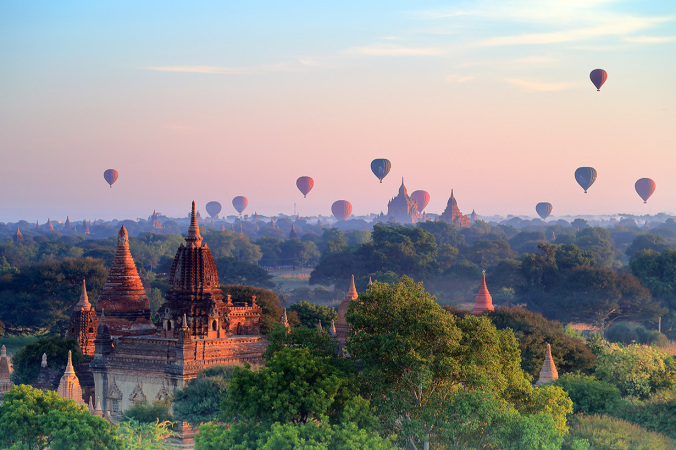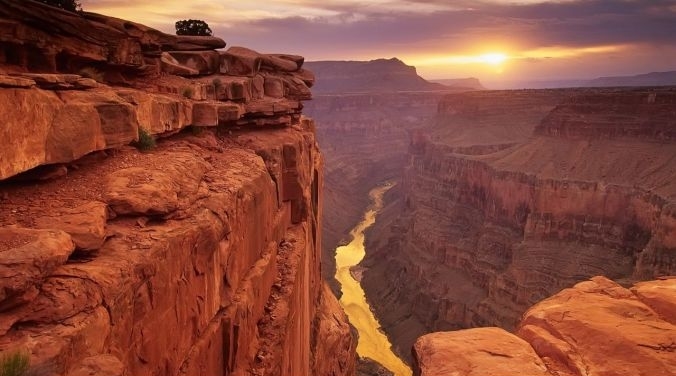I read an interesting article titled ‘How Traveling Abroad in Your Twenties Will Ruin Your Life’ and the clickbait title dragged me into what I thought would be a rant on how travelling will ruin your career prospects. But what the author delivers instead is a tongue-in-cheek and extremely relatable sentiment about how travel obsession. For some people, travelling can turn them into a kind of ‘wonder junkie’.
The astronomer Carl Sagan coined the phrase ‘wonder junkie’ in his novel Contact:
She was a wonder junkie. In her mind, she was a hill tribesman standing slack-jawed before the real Ishtar Gate of ancient Babylon; Dorothy catching her first glimpse of the vaulted spires of the Emerald City of Oz; a small boy from darkest Brooklyn plunked down in the Corridor of Nations of the 1939 World’s Fair, the Trylon and Perisphere beckoning in the distance; she was Pocahontas sailing up the Thames estuary with London spread out before her from horizon to horizon…Drumlin, like many others she had known over the years, had called her an incurable romantic; and she found herself wondering again why so many people thought it some embarrassing disability. Her romanticism had been a driving force in her life and a fount of delights. Advocate and practitioner of romance, she was off to see the Wizard.
Awe is a unique emotion. According to psychologist Dacher Keltner, it is an experience that gives you goosebumps. This is putting it simply, of course. Awe is a complex emotion: it occurs in response to various stimuli; it is similar to both wonder and fear; and it has a transcending quality to it, putting us in the presence of something vast (like a star-filled sky or information about the universe).
Awe is a precious experience available to both the religious and non-religious. It has sometimes been questioned whether an atheist can feel awe at something if it’s simply the product of randomness and natural processes. However, there is nothing really simple or unimpressive about the Grand Canyon taking shape over the span of millions of years. This is one reason why the natural world as we see it today is so awe-inspiring if a reason has to be given at all.
But why is awe so addictive? Why might travelling turn you into a wonder junkie? The psychologist Abraham Maslow developed the concept of the ‘peak experience’, and these experiences fill individuals with a sense of awe. In his work Religions, Values and Peak Experiences (1964), Maslow described peak experiences as “moments of highest happiness and fulfilment”, which demystifies these experiences in a way, since they have traditionally been viewed as religious experiences with supernatural causes.
Common triggers for peak experiences include art, nature, sex, creative work, music, introspection, drugs, meditation, repetitive drumming or dancing, and intense physical activity. In Toward a Psychology of Being (1962), Maslow highlights that peak experiences can involve being without inhibition, fear, doubt, and self-criticism, and being completely mindful of the present moment without the influence of past or expected future experiences. He considered such experiences to be one of the most important goals of life, arguing that they are an indication of self-actualisation, a term first used by psychiatrist Kurt Goldstein to denote the motive to realise one’s full potential.
In his book On Becoming a Person (1961), the psychologist Carl Rogers wrote of “the curative force in psychotherapy – man’s tendency to actualise himself, to become his potentialities…to express and activate all the capacities of the organism.”
 |
| Psychologist Abraham Maslow |
There is a capacity in all of us to have peak experiences, and as Maslow and other psychologists have emphasised, having them can make us more fully human, animated, and fulfilled on a different level that goes beyond our more basic needs and experiences of survival, safety, love/belonging, and esteem. In terms of experiences worth having, peak experiences are perhaps the rarest, but also the most extraordinary and euphoric. Psychologist Dorothy Leach, in Meaning and Correlates of Peak Experiences, describes them as:
…a highly valued experience which is characterized by such intensity of perception, depth of feeling, or sense of profound significance as to cause it to stand out, in the subject’s mind, in more or less permanent contrast to the experiences that surround it in time and space.
The awe felt in these experiences is like no other and its unforgettable nature can compel people to seek it out thereafter. Awe has received little scientific attention, although some studies have shed some light on this fascinating emotion. A 2007 study by Shiota, Ketner, and Mossman had participants write about a time when they recently experienced natural beauty. The subjects were more likely to report that they felt unaware of day-to-day concerns (not disinterested necessarily, but not preoccupied), felt the presence of something greater, didn’t want the experience to end, felt connected with the world, and felt small or insignificant. Another study from Stanford University found that experiences of awe enhance well-being, as well as expand your perception of time, which is interesting in itself.
It is not easy to forget moments of awe or lump this emotion in with other more common positive emotions. For the wonder junkie, just like for the adrenaline junkie seeking thrills, it can become the pinnacle of human experience, a state of mind unlike any others; something worth pining for, craving, and seeking out. After travelling and feeling what that unique intoxication is like, you might always itch for a hit of awe again, with ordinary life appearing colourless and uninteresting in comparison. In this way, perhaps there is a danger of being a wonder junkie if it makes you unable to be settled. On the other hand, there are many benefits to the experience of awe, including:
enhanced critical and creative thinking faculties, improved health, a sense of embeddedness into collective folds and an increase in pro-social behaviours such as kindness, self-sacrifice, co-operation and resource-sharing.
Awe anchors us to the present moment and since being aware of and attentive to the present moment is associated with improved well-being, it’s no surprise that many people become wonder junkies.
If you want to feel like being wowed by something, the performance philosopher and self-avowed wonder junkie Jason Silva has a great channel on YouTube called ‘Shots of Awe’, which features videos where Silva passionately tries to transmit this feeling of awe by giving us short, but powerful bursts of information on the nature of the universe, technological progress and human existence.


I think the personal connection can also be addictive. When you are foreign and don’t know social rules, you can be perceived as more interesting.. therefore it is easier to get to know people beyond certain social barriers you are unacquainted with. I deeply lacked belonging. My friends from other countries who travel to my country, which I slag off, tend to have an easier time meeting people they find authentic simply by being foreign and interesting. We forget that ‘this is water.’ Travel reminds us sometimes. I believe that different places do give us a different feeling or connection due to culture or something. Or your connection with the place. I am bad at traveling. I wanted to improve my sense of organization and didn’t. So I’m not your typical savvy, travel on the cheap person. But still would like to be. My low self efficacy improved slightly, but it is a battle.
I think no one who travels long term is in a place to advise anyone else or to question mores related to travel. They are as enmeshed with these choices. The clickbaity thing is to go against established opinion. Travel is fulfilling and I think for many people it’s a good choice, but it’s not the only fulfilling thing as you say. It puts you in touch with gratitude. So do relationships. It was quite common in days gone by for artists and writers to travel and live in different places, like for Hemingway, Monet, Freud. I don’t know how often they referred to the sense of deracination or culture clash.